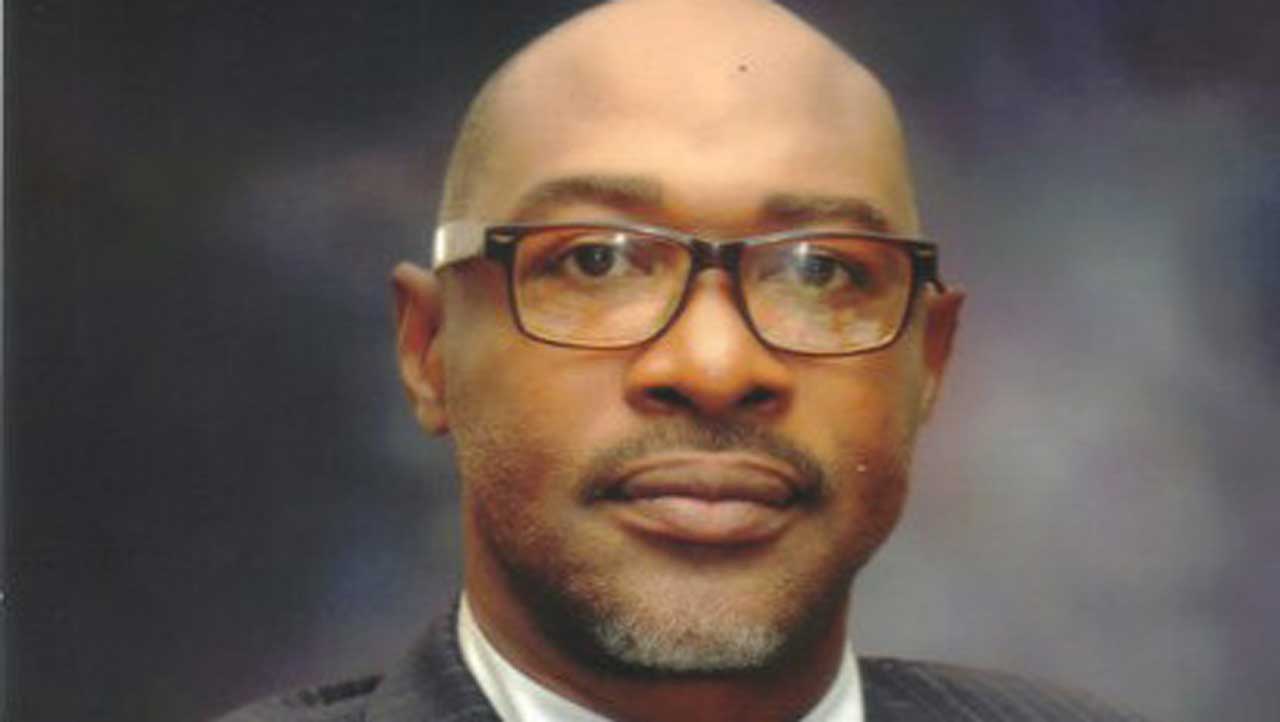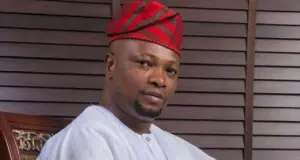 State Publicity Secretary of APC, Chris Azebamwan has said the suspension of Mr. Anselm Ojezua has since been ratified by the National Working Committee NWC of the party.
State Publicity Secretary of APC, Chris Azebamwan has said the suspension of Mr. Anselm Ojezua has since been ratified by the National Working Committee NWC of the party.
According to Chris, all statements from Ojezua should be disregarded from now on because he no longer represents APC at any level.
He added that a vote of no confidence was passed on him, therefore any role he held ceases to exist henceforth.
His words, “Our attention has been drawn to a statement credited to Barr. Anselm Ojezua who for the records, has been suspended from our Party, in respect of the South-South Zonal caucus meeting of the All Progressives Congress that held in Abuja today. A meeting in any case, to which he was not invited.
“For the avoidance of doubt, a vote of no confidence was passed on Barr. Anselm Ojezua by the State Working Committee of APC Edo State on 11th November 2019 and the resolution was ratified by the National Working Committee on 13th November 2019.
“By that action, Barr. Anselm Ojezua is no longer the State Chairman of APC Edo State, and cannot purport to speak or act in that capacity. His statement should, therefore, be disregarded by our teeming members and the general public.”
We wait to see how this will pan out.
The All Progressives Congress (APC) is a political party in Nigeria, formed on 6 February 2013 in anticipation of the 2015 elections. APC candidate Muhammadu Buhari won the presidential election by almost 2.6 million votes. Incumbent President Goodluck Jonathan conceded defeat on 31 March. This was the first time in Nigeria’s political history that an opposition political party unseated a governing party in a general election and one in which power transferred peacefully from one political party to another. In addition, the APC won the majority of seats in the Senate and the House of Representatives in the 2015 elections, though it fell shy of winning a super-majority to override the ability of the opposition People’s Democratic Party to block legislation.
Formed in February 2013, the party is the result of a merger of Nigeria’s three biggest opposition parties – the Action Congress of Nigeria (ACN), the Congress for Progressive Change (CPC), the All Nigeria Peoples Party (ANPP), a faction of the All Progressives Grand Alliance (APGA) and the new PDP – a faction of then ruling People’s Democratic Party. The resolution was signed by Tom Ikimi, who represented the ACN; Senator Annie Okonkwo on behalf of the APGA; Ibrahim Shekarau, the Chairman of ANPP’s Merger Committee; and Garba Shehu, the Chairman of CPC’s Merger Committee. Ironically, less than 2 years before the party’s historic victory in the 2015 elections, Messrs. Annie Okonkwo, Tom Ikimi and Ibrahim Shekarau resigned from the party and joined the PDP.
The APC is generally considered to be a centre-left political party that favors controlled market economic policies, and a strong and active role for government regulation. A substantial number of its political leaders are followers of or politicians who subscribe to the social democratic political philosophy of Obafemi Awolowo and the socialist and anti-class views of Aminu Kano. Moreover, the majority of the APC’s base of political support is in southwestern Nigeria and Northern Nigeria, which are dominated by the country’s largest ethnic groups, the Yoruba and the Hausa-Fulani, respectively.
The APC support state’s rights, advancing state police as part of its manifesto. Its social policy is a combination of social nationalism. Despite the parties’ domination by pro-devolution politicians like Atiku Abubakar, Bola Tinubu and Chief Bisi Akande, the party’s presidential bearer and the CPC wing is less inclined to federalism.
 NaijaVibe NaijaVibe | Download Latest Nigerian Music & Mp3s
NaijaVibe NaijaVibe | Download Latest Nigerian Music & Mp3s



